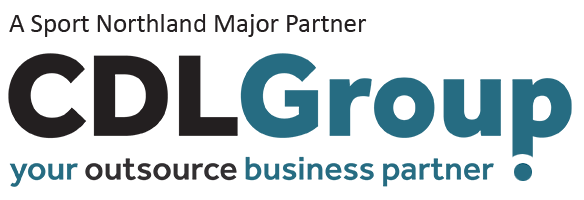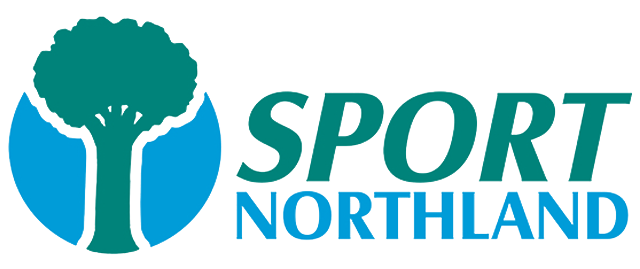


Nutrition Education: Understanding Food - A Pathway to Healthy Eating

The Sport Northland Healthy Lifestyle Team is on a mission to help people understand food, empowering them to create lifelong healthy eating habits. Food is more than just sustenance—it’s a journey and an integral part of our whānau culture. By taking the time to learn about the foods we eat, we can make informed choices that support our health and wellbeing.
Linda Sossenheimer, our in-house nutritionist has 25+ years experience working in the field of health and nutrition and shares her knowledge below. Linda is currently a Healthy Lifestyle Support person here at Sport Northland and is here to help people on their healthy lifestyle journey. If you would like support, check out the following useful tips or alternatively reach out to us at Green Prescription on 0800 ACTIVE.
The Basics of Nutrition
Understanding the role of nutrients in our diet is essential for maintaining energy, supporting bodily functions, and promoting overall health. Nutrients fall into two main categories:
Macronutrients (Needed in Large Amounts)
- Carbohydrates – The body's primary energy source, found in bread, rice, fruits, and vegetables.
- Proteins – Essential for tissue growth and repair, found in meat, dairy, eggs, and legumes.
- Fats – Important for energy storage and cell function, found in oils, nuts, and avocados.
Micronutrients (Needed in Smaller Amounts)
- Vitamins – Such as Vitamin C (supports immunity) and Vitamin D (supports bone health).
- Minerals – Such as calcium (for bone strength) and iron (for oxygen transport in the blood).
Carbohydrates: The Good and the Not-So-Good
- Complex Carbohydrates (whole grains, legumes, starchy vegetables) provide sustained energy and fibre.
- Simple Carbohydrates (sugar, honey, fruit) provide quick energy but can cause blood sugar spikes.
Exploring the Six Food Groups
To create balanced meals, it’s helpful to understand the macronutrient composition of different food groups:
- Starchy Foods (Breads, cereals, pasta, rice, starchy vegetables such as potatoes, corn, peas and kumura) – A key source of carbohydrates.
- Vegetables – Low in calories but rich in essential vitamins and minerals.
- Fruits – A natural source of energy and fibre (fresh fruit).
- Dairy – Provides protein and calcium for strong bones and muscles.
- Meat and Protein – Supports muscle growth and repair.
- Fats – Necessary for cell function and hormone production but should be consumed in moderation.
Healthy Eating Tips
- Choose whole grains over refined grains for more fibre and nutrients.
- Incorporate a variety of colourful vegetables to maximise vitamin and mineral intake.
- Limit added sugars and opt for natural sources of carbohydrates, such as fresh whole fruits and whole grains.
- Include lean proteins and healthy fats to balance meals and maintain energy levels.
Healthy eating is a journey—one that is best travelled with knowledge and mindfulness. For personalised nutrition advice, consider consulting a registered dietitian or healthcare provider.
At Sport Northland we exist to enrich Northlander's lives by inspiring and enabling more movement and one of the ways we do this is through Green Prescription - supporting people on their journey. If you would like some support with your activity goals, give us a call on phone 0800 ACTIVE, we are here to help.
Article written by Linda Sossenheimer, Healthy Lifestyle Support

SPORT NORTHLAND
CDL Group Northland Sports House
97 Western Hills Drive, Kensington,
Whangārei 0112
info@sportnorth.co.nz
CDL Group Northland Sports House - 09 437 9600
McKay Stadium / Kensington Fitness - 09 437 4404



